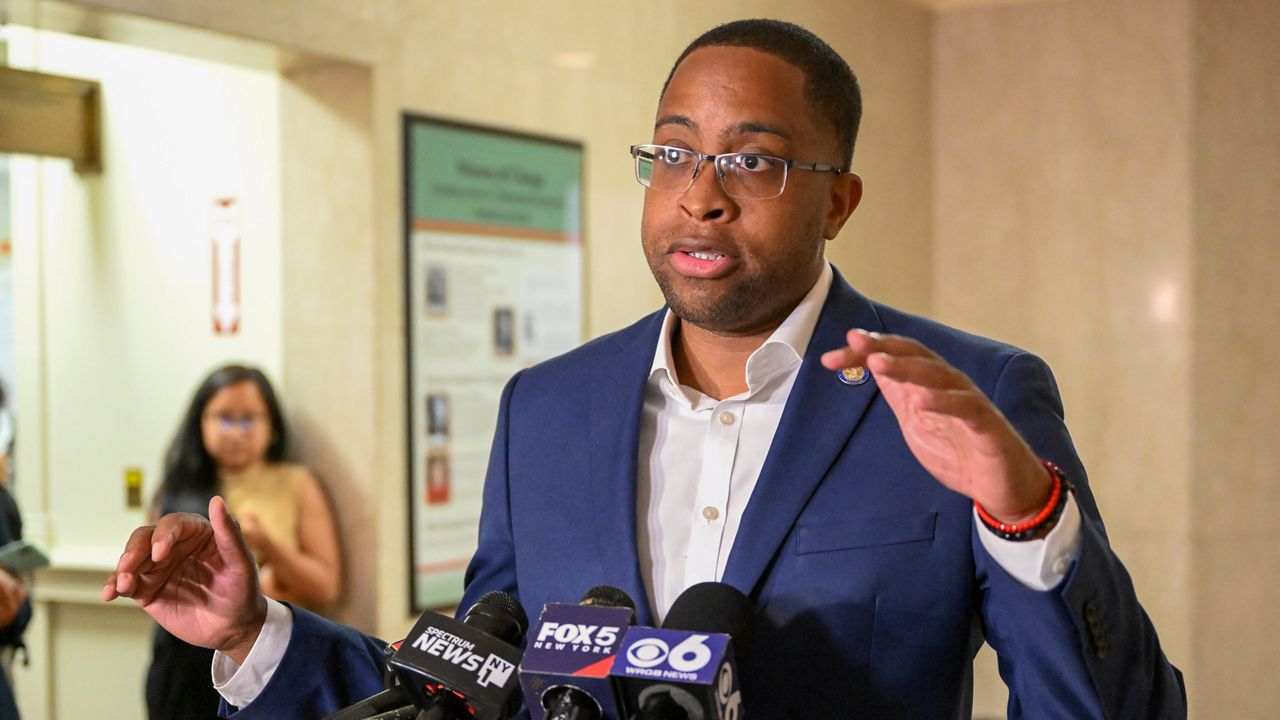The legalization of retail marijuana sales in New York has the potential to create a multi-billion-dollar industry within the decade, according to an economic analysis set to be released on Wednesday.
The report, by New School economist James Parrot and labor market consultant Michele Mattingly, comes as state lawmakers and Gov. Andrew Cuomo this year are once again considering whether to approve a framework for allowing retail-level marijuana sales in New York amid a budget gap and economic crisis created by the COVID-19 pandemic.
The report is likely to buoy the push by supporters to legalize marijuana this year amid historic job losses. At the same time, the analysis also bolsters the push among advocates for communities of color, which have predominantly been affected by harsher drug laws in previous years, to benefit from any legalization measure.
The analysis found the industry would grow quickly in market share from $566 million in its first full year of implementation to $2.6 billion by 2027.
At the same time, tax revenue from marijuana sales would rise from $159 million to $765 million in 2027. Cuomo's own sales tax projections for cannabis sales would generate $25 million in local sales taxes alone, rising to $114 million in 2027.
And there is the benefit on the personal level: The entire cannabis industry has the potential to create 50,806 jobs, $2.2 billion in worker pay, and a total of $6.1 billion in economic output.
"Particularly given the Covid-19-damaged economy and the pronounced adverse impact sustained in urban communities of color and among Black-owned businesses, the economic and employment impacts of legalizing recreational-use marijuana are significant," the analysis found.
Past efforts to legalize marijuana sales have stalled amid concerns over consumption and traffic safety raised predominantly by suburban lawmakers. The Legislature in 2019 opted to approve a decriminalization measure for marijuana in the state.
But Democrats have increased their margins in the Legislature over the last year, and the economic recession could provide a catalyst for an agreement this year.








